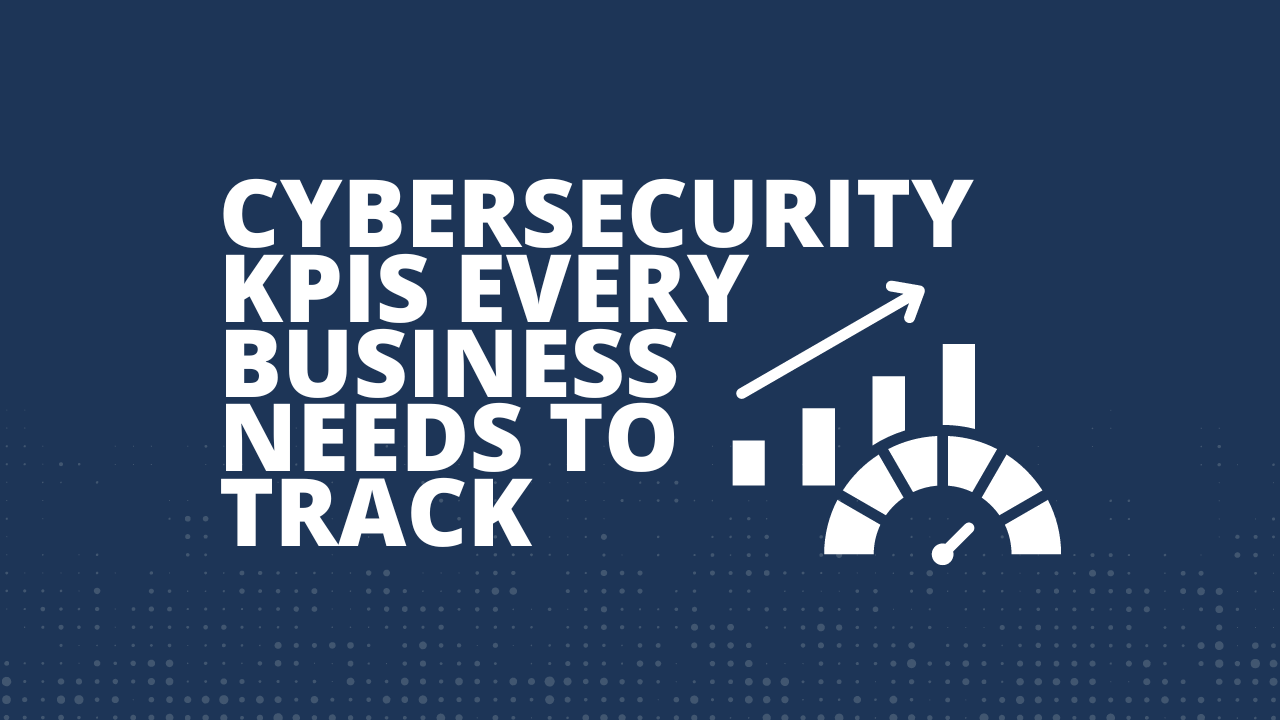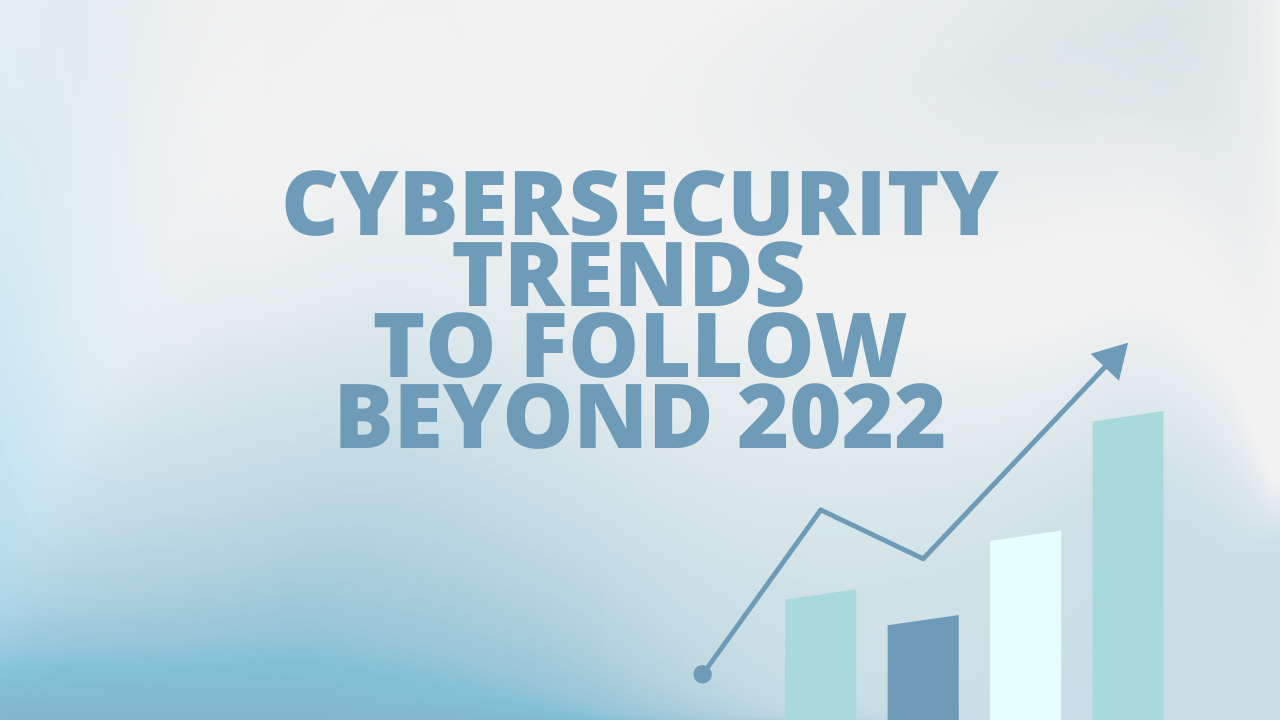3 Skills You Need to Get Hired in Cybersecurity
3 Essential Skills You Need for Cybersecurity Jobs
In light of the recent wave of layoffs, we want to provide as much information as possible to help folks interested in tech/cybersecurity land their next job. (By the way,
we’re hiring!)
1. For Jobs in Cybersecurity, You Must Understand Ports and Protocols
Ports and Protocols are important concepts that relate to how networked devices communicate with each other. Understanding how these concepts work will help you to avoid sounding like Chicken Little running around yelling, “The sky is falling!” any time you see some activity.
Ports: A port is a virtual endpoint through which data is sent and received. Think of a port like a door or a gate that data passes through as it moves between devices on a network. Each port is assigned a unique number, which is used to identify the type of traffic allowed through that port. For example, port 80 is commonly used for HTTP traffic (i.e. web browsing), while port 22 is used for SSH traffic (i.e. secure shell connections).
Protocols: A protocol is a set of rules that dictate how data is exchanged between devices on a network. In cybersecurity, they determine how data is transmitted and secured. For example, the HTTPS protocol is used to send data securely over the web, while the SSH protocol is used to create secure connections between devices.
Understanding different ports and protocols and how they relate to each other will enable you to determine what network activity is usual and what activity is unusual. From there, you can dive in and check for possible attacks or compromises.
#2: Read Cybersecurity News
One of the most common interview questions is, “What sources do you use to stay current with current cybersecurity news?” There are a lot of sites out there, but here are a few we recommend:
- Bleeping Computer
- A casual source. But it can be a great way to stay engaged and interested in the content because it’s not jargon-heavy. They’re great at keeping their ear to the ground, so we recommend checking them out to keep updated with recent breaches, attacks, and exploits.
- Cybersecurity & Infrastructure Security Agency (CISA)
- CISA is excellent at providing specific technical details to handle new exploits and vulnerabilities as they arise.
- Forbes Cybersecurity
- Forbes is a popular source of information, especially for less technical readers. Keeping up to date with cybersecurity news in Forbes is a great way to keep tabs on what information is being circulated that non-technical clients/staff may ask you for more information about.

#3: Be Familiar with Common Tools Used in Cybersecurity Jobs
Interviewers will likely ask you if you’re familiar with the tools they use at their company. Being able to confidently say, “Yes, I do know a bit about that tool.” will go a long way. When looking at a company’s job description, we recommend familiarizing yourself with the tools listed if you aren’t already familiar with them.
Sometimes, an interviewer may ask you what tools you’d recommend they implement at their company. To be prepared for this question, having suggestions for the following will set you up to crush this question:
- Antivirus
- Logging
- SIM Solution
- Phishing Simulations
- Vulnerability Scanning
Conclusion
We hope these tips will help you explore cybersecurity jobs and find the one you’re looking for! If you have any questions about what to expect in the cybersecurity world, feel free to reach out to us with your questions.
Check out our Careers page to learn more about working at Edge Networks and the roles we're currently searching to fill.
More content:










